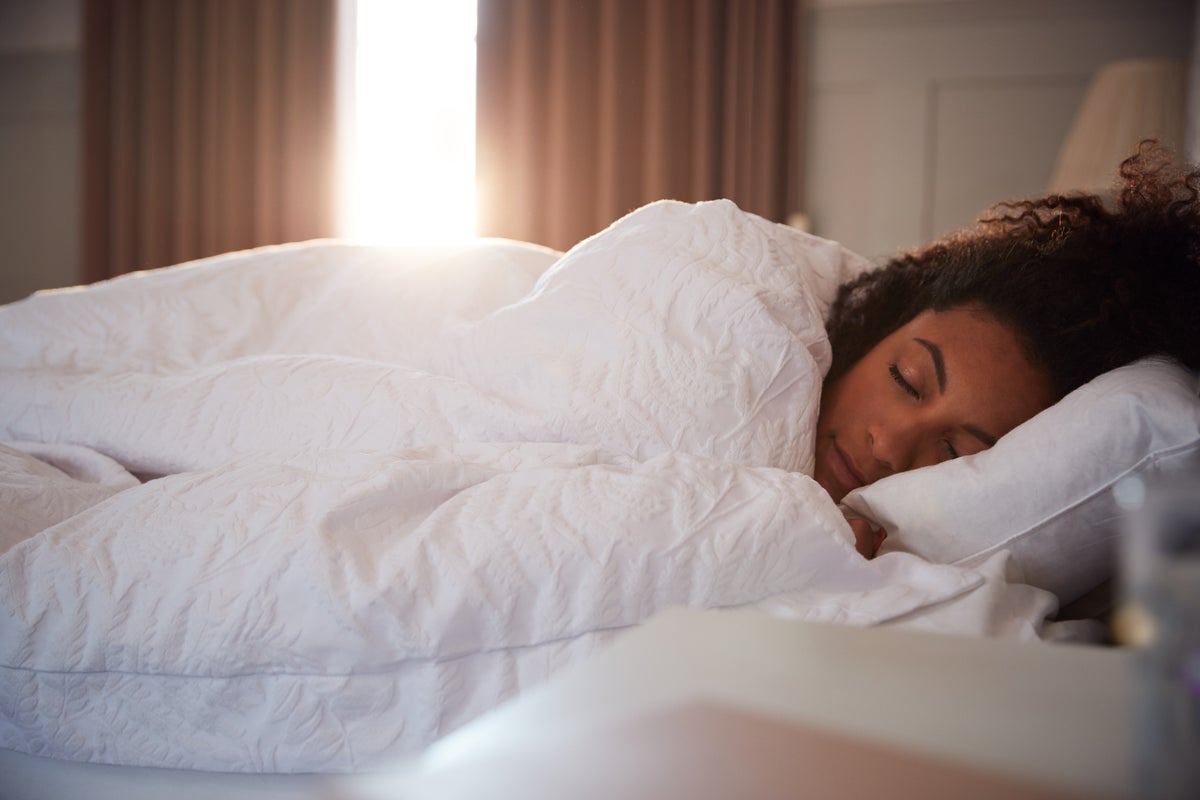Home / Health / Winter Sleep Woes? Cold Nights Stealing Your Rest?
Winter Sleep Woes? Cold Nights Stealing Your Rest?
21 Nov
Summary
- Cold weather can disrupt sleep by making the body work harder to maintain temperature.
- A chilly bedroom is detrimental to sleep quality, not just being too hot.
- Seasonal changes and reduced activity impact sleep patterns and mental well-being.

The onset of winter, marked by shorter days and dropping temperatures, significantly affects sleep quality. Experts highlight that a bedroom that is too cold can impede the body's natural transition into sleep. When the environment is excessively chilly, the body expends energy on thermoregulation, leading to less restorative, shallower sleep and increased nighttime awakenings.
Beyond the immediate bedroom environment, broader seasonal changes play a crucial role. Reduced exposure to daylight, decreased social interaction, and less physical activity disrupt natural routines. These factors can negatively impact mood and mental well-being, creating a cycle where low mood further compromises sleep.
To combat these winter sleep challenges, maintaining a consistent routine is vital. Staying active, even indoors, helps build sleep drive. Layering bedding allows for better temperature control throughout the night, and ensuring the room remains cool, not cold, is recommended. Prioritizing daylight exposure, even on a lunch break, also supports a healthy circadian rhythm.




